Does your network need a wellness check?
Image: Joel Filipe, connecting lines
"It's not just what you know, but who you know."
"Your network is your net worth."
"You scratch my back; I'll scratch yours."
"The bigger your rolodex, the bigger your possibilities."
Are your rolling your eyes? These notions feel so outdated, especially “you scratch my back and I’ll scratch yours.” Ewww….David!
But, the truth is: Networks Work.
In a world where layoff news is as common as morning coffee spills (Citi, Blackrock, you name it) and AI coming for our jobs, building a robust professional network is not just a nice-to-have – it's crucial. And let's face it, we've got some challenges: a pipeline leak of qualified women for top-tier roles, the draining impact of microaggressions, and a persistent gender wealth gap that's long overdue for resolution.
As a recovering researcher myself, I wondered what the research said…and, no surprise, the academic research on networking confirms the importance of networking (duh) and the difference between men and women (a classic study was done on this in 1977 by Ibarra). Academia’s interest in networking and social communities is robust. So, what is the current research take? Let’s find out.
Finding 1: Women need two types of networks to thrive. Researchers at Kellogg led by Brian Uzzi and Yang Yang unveil a critical insight that women working in the professional realm need two distinct types of professional networks:
Expansive Networks: This spans across the company and industry, offering a broad reach.
Female-Centric Networks: A specialized group when we can freely exchange private information.
Uzzi and his team delved into the job placement dynamics for new MBA grads, revealing that women secured higher-ranking roles and earned more when they had a robust network of women alongside their conventional connections. With their girlfriends, women could share "private" information—insights they might not disclose to men or that men don’t need. Things like: strategies for how to signal commitment to career or how to how to address gendered stereotyping during talent reviews.
Finding 2: Your network is your ticket to new opportunities. Launching a job search today is downright scary:
Open professional roles are receiving literally hundreds of applications
Those who are landing jobs say they are landing them because they have a personal connection into the new firm
Ashby, a tech company specializing in applicant tracking systems, analyzed a whopping 13 million applications from January 2021 to April 2023. Their data paint a vivid picture – the number of applications for a job posting within the first four weeks surged from 57 apps received in 2021 to 202 in 2023.
In this climate, it’s clear that a great resume alone is unlikely to do the job in landing a new role. MIT, Harvard, Stanford, and LinkedIn teamed up to conduct experiments “in the networks of over 20 million people over a 5-year period, during which 2 billion new ties and 600,000 new jobs were created.” Their research found that the highest value connections were people with whom you have about 10 “friends” in common. Creating a tie with someone with whom you have 10 mutual connections nearly doubled the probability of changing jobs.
Finding 3: Your network isn’t just for job placement. It delivers information currency and a talent pipeline.
Networking goes beyond merely landing a job. Think of your contacts as a goldmine of skills and insights waiting to be tapped – a bit like that classic tune playing in your head, "Baby, you got what I need." 🎶 From staying current on industry trends and advice for overcoming project hurdles to scouting fresh talent for your team, your network isn't just a boost for job placement; it enables you to excel in your current role.
Okay…you get it. Networks are important. But, how do you know if your network is healthy? If it’s ready to be activated if needed?
If your firm announces a shift in strategy and/or a RIF (think Citi's announcement of 20,000 job cuts), is your network robust enough to support a job search?
When challenged with a tough assignment within your current firm, do you have the go-to advisors who can help you navigate?
If your goal is a promo, who are your internal champions during talent review discussions?
There’s no sugar-coating it….to know if your network is healthy, you must take the time to inventory your contacts and analyze the relationships. Our encouragement to you is to invest an hour, conduct the analysis, and discover the health of your network. It’s a proactive step that brings you closer to realizing your life's ambitions. BTW - we have a free course on networking and a guidebook for “Giving Your Network a Wellness Check” inside the Muriel Network app. You’ll learn a proven approach for bringing intention to your natural relationship building.
Get our “Top Tips for Strengthening Your Professional Network” for free by signing up for our email newsletter.

